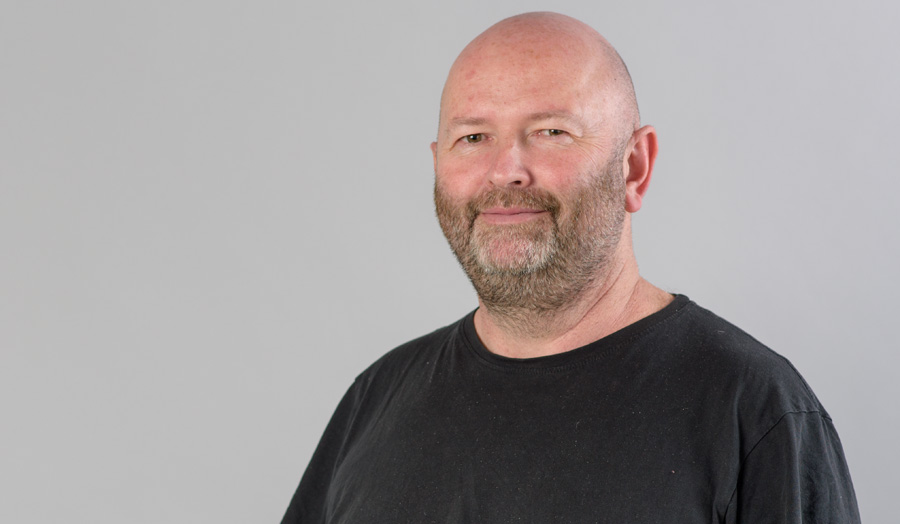Watch the interview with Chris
Professor Chris Chandler, a psychology lecturer, speaks with Marina English as part of our In Conversation With series.
Marina from our Outreach department caught up with Professor Chris Chandler to find out more about our Psychology BSc course and what makes it so unique!
What kind of topics would students be covering during a psychology degree?
One of the key things to know about our degree is it's accredited by the British Psychology Society (BPS) and there are key elements that our course has to have. We'll start off with social psychology – which is all about trying to tell people how they work together, how we understand how interactions between people occur and why they do some of the things that they do within a social setting and how other people influence other people's behaviour.We have developmental psychology – which looks at how our behaviour changes from birth to old age as we grow. We have something called individual differences – which is about things like intelligence testing and types of personality. Then we have cognitive psychology – and that's all about how we process information and how we think. We then have biological psychology or psycho-biology – and that's what I am, I'm a biological psychologist and I try to understand behaviour in terms of brains and how the cells within the brain can influence behaviour. My particular interest is in addiction, and how drugs change behaviour.
When you graduate, what kind of careers or further study could you go on to do?
We'll start with further study. To become a psychologist isn't a short route, there's no quick way of doing this. Now if you go to the BPS website you can see all the types of careers that are on offer as a psychologist and they will need postgraduate training and again you have to have accredited brands for that. So a lot of people go off and do these masters or professional doctorates, for example in clinical psychology or counselling psychology. Now to get on those courses you need to get some work experience, well of course that's easy to say but harder to do in some cases, but our students are very good at getting those sorts of placements. So you go off and do one or two years, maybe even more, on a work placement type thing, get some experience and then apply for the courses, hopefully it's all good and you get to go and then maybe you'll study maybe two to three years more to be a psychologist.
Not everybody wants to be a psychologist and what I would say is: your imagination can take you where you want to go. Psychology is really good as a first degree and it gives you lots of skills that you can take away to many places. Some graduates go into teaching, some go and work in the health service, others go and work in human resources departments, others go and work in advertising agencies, we've even had some go into fashion.
Can you recommend any resources that students who are about to start studying psychology can be looking at now?
First of all I would go to the BPS website, that would be a very good source to go to. Then I would look at getting a textbook perhaps, look online, there are lots of textbooks, local libraries will have them. They're all fairly similar and they're going to be making you think in the right way and giving you an appreciation for the topics that psychology is going to encompass. You'll be surprised at how much it will cover in its discipline.

